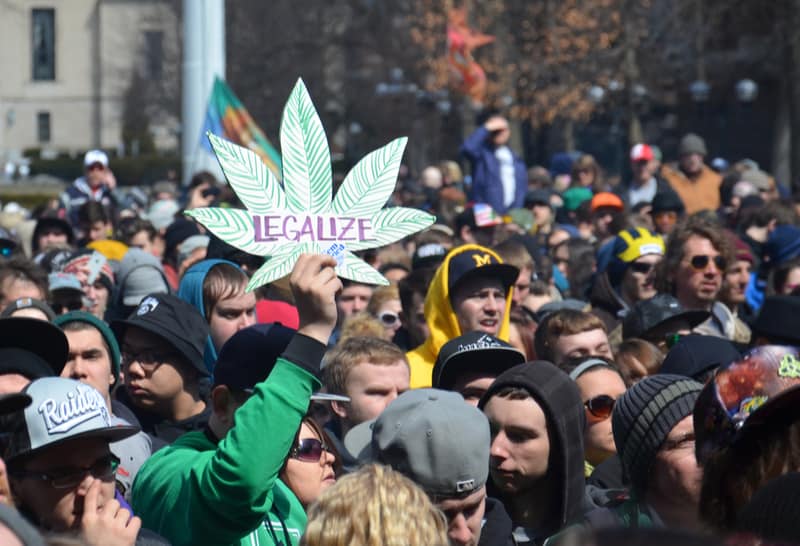New Jersey Could Expunge All Pot Arrests
NJ Considers Clearing Records of Pot Possession
Support For Decriminalization Grows in the Garden State
Political capital is surging to advance full decriminalization of marijuana in the state of New Jersey, but debate rages over what that will mean for persons already convicted of marijuana possession. Governor Murphy has called for legalization by 2019, but efforts to move legislation through the state assembly have been sidelined by budget debates. Meanwhile, State Assembly members are in discussion to decide how marijuana possession convictions should be handled once decriminalized marijuana becomes the law of the state.
In addition to numerous New Jersey legislators and social justice advocates pushing to legalize pot, legendary politician James Florio, the former Governor famous for beating the gun lobby and writing Superfund laws to clean up toxic waste, has joined the advisory board of a marijuana edibles company. A representative for the governor issued the following statement, “We expect the legislature to pass a bill soon which changes the law to permit edibles and other products. Every indication from the executive and legislative branch is that this is noncontroversial.”
With the statewide initiative to decriminalize marijuana is on the verge of success, prior arrests still remain as a stumbling block to ending the War on Drugs in New Jersey. While Garden State residents may soon be able to buy Jim Florio’s “artisanal cannabis-infused chocolates”, thousands could remain in the criminal justice systems for possessing a few grams of dried cannabis.
State Judiciary Committee Proposes Amnesty
NJ Assemblywoman and Chair of the Judiciary Committee Annette Quijano introduced a bill to speed up the marijuana possession expungement process should pot be legalized. Marijuana arrests are the highest per capita in New Jersey than any other state. Only New York and Texas arrest more people for marijuana possession, and in most states convictions are falling as lawmakers on both sides of the aisle support legalization. Despite Governor Murphy’s vocal advocacy for decriminalization, arrests have climbed by 27% to an average of 35,000 marijuana possession arrests.
While New Jersey lawmakers may advocate and even seem likely to pass legislation easing the process of expungement for marijuana possession, the largest obstacle to mass amnesty is the administrative requirements surrounding the expungement of public records.
New Jersey currently requires a petition for expungement. After reading the petition, courts must review records collected from disparate databases across the state—everything from court proceedings to traffic stop records.
The courts are already backlogged in much of New Jersey, and presently lack the capacity to process but a fraction of the more than one million arrests for simple possession made since 1990. The current process is biased against poor minority communities who bear a disproportionate burden of drug arrests in the Garden State, who would be required to bear the cost of court filings and legal counsel to clear themselves of something which is no longer illegal.
Whatever solution Trenton’s legislators reach in the coming years, it’s inevitable that thousands of New Jersey citizens will need the services of defense attorneys to clear their record of marijuana charges once pot is legalized in the Garden State.

